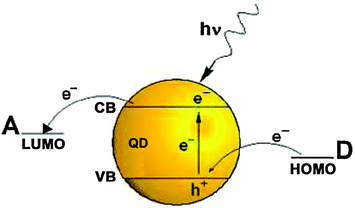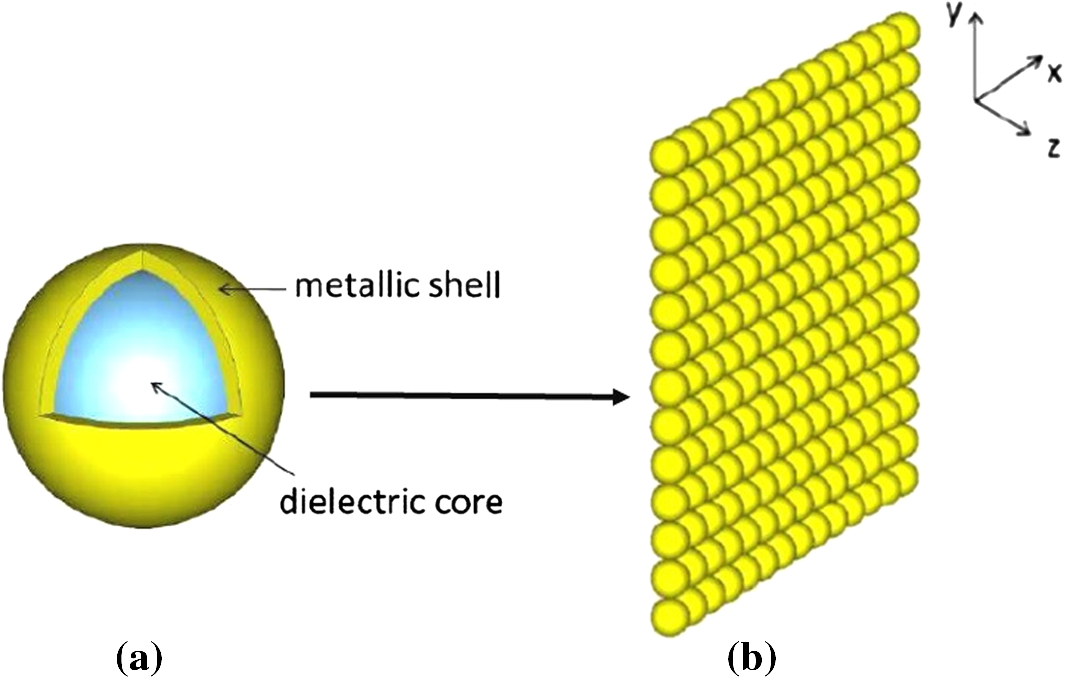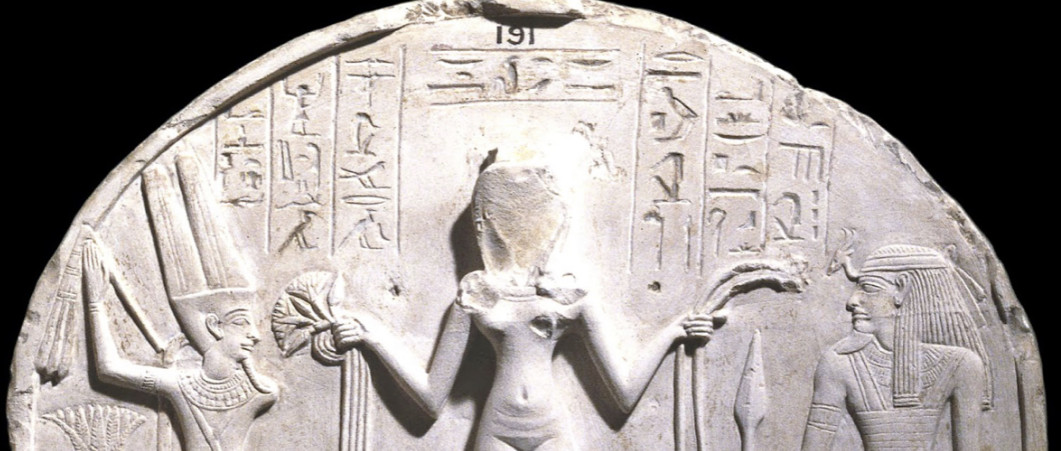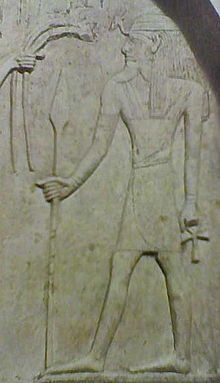We will be able to do that without devices soon. I prefer my entanglements to be natural.😉
trickle
/ˈtrɪk(ə)l/
verb
1.
(of a liquid) flow in a small stream.
"a solitary tear trickled down her cheek"
We are the Variant. We infect the evil with the Power of God. "I'm still right here, giving blood, keeping faith."
trickle trickle trickle all our neck hairs prickle
A trick played by the mind; a delusion or illusion.
An act of manipulating someone psychologically, especially to gain an advantage.
We are the Variant. We infect the evil with the Power of God. "I'm still right here, giving blood, keeping faith."
like when obama rubbed pepper in his eye during a sandy hook speech?
The Tiers of a clown?
https://ieeexplore.ieee.org/document/6845056
Evolution toward 5G multi-tier cellular wireless networks: An interference management perspective | IEEE Journals & Magazine | IEEE Xplore
The evolving fifth generation (5G) cellular wireless networks are envisioned to overcome the fundamental challenges of existing cellular networks, for example, higher data rates, excellent end-to-end performance, and user-coverage in hot-spots and crowded areas with lower latency, energy consumption..
https://ieeexplore.ieee.org/document/6845056We are the Variant. We infect the evil with the Power of God. "I'm still right here, giving blood, keeping faith."
Tiers of the Clown... pepper in the eyes..
Burning Tiers.
Burning Tires!
We are the Variant. We infect the evil with the Power of God. "I'm still right here, giving blood, keeping faith."
Burning Tires now being used as a form of renewable energy. Or rechargeable electric motors through tire friction while you drive.
Everything is connected! wowwww
Early names of Tyre include Akkadian Ṣurru, Phoenician Ṣūr (𐤑𐤓), and Hebrew Tzór (צוֹר).[10] In Semitic languages, the name of the city means "rock"[11] after the rocky formation on which the town was originally built.
The predominant form in Classical Greek was Týros (Τύρος), which was first seen in the works of Herodotus but may have been adopted considerably earlier.[10] It gave rise to Latin Tyrus, which entered English during the Middle English period as Tyre.[12] The demonym for Tyre is Tyrian, and the inhabitants are Tyrians.
From Ancient Greek Τῠ́ρος (Túros).
Pronunciation
IPA(key): /ˈtiɾos/
Hyphenation: Τυ‧ρος
Proper noun
Τύρος • (Týros) f
Tyre (a city in Lebanon)
τῠρῐνώτερος
as turinṓteros
ástur
Adjective
astur (epicene, plural astures)
Asturian
Astur
Latin
Etymology
Various etymologies exist:
From acceptor (“receiver”), with influence from accipiter.
From astēr (“star”), from Ancient Greek ἀστήρ (astḗr).
Astarte, also spelled Athtart or Ashtart, great goddess of the ancient Middle East and chief deity of Tyre, Sidon, and Elat, important Mediterranean seaports. Hebrew scholars now feel that the goddess Ashtoreth mentioned so often in the Bible is a deliberate conflation of the Greek name Astarte and the Hebrew word boshet, “shame,” indicating the Hebrews’ contempt for her cult.
As·tar·te (ə-stär′tē)
n. Mythology
An ancient Semitic goddess of love and war, being the Phoenician, Syrian, and Canaanite counterpart to Ishtar. In the Bible, her name sometimes appears in the plural, perhaps referring to a group of goddesses. Also called Ashtoreth.
Astarte (æˈstɑːtɪ)
n
(Other Non-Christian Religions) a fertility goddess worshipped by the Phoenicians: identified with Ashtoreth of the Hebrews and Ishtar of the Babylonians and Assyrians
British Museum EA 191, upper register of limestone stele of chief craftsman Qeh. Naked goddess identified as ‘Ke(d)eshet, lady of heaven’ flanked by the ithyphallic Egyptian god Min and Syro-Palestinian god Reshep. Deir el-Medina (Dynasty 19). Photograph © Trustees of the British Museum.
“Her name Qdš(-t) simply means ‘holy’. As such, it can be attached to almost any goddess, including the whole of the A-team: Anat, Astarte, Asherah and Athirat. The question is: did there exist an independent goddess named Qedeshet at all? She is not known from any Canaanite or Ugaritic texts or inscriptions. Rather, she only appears as a named goddess in Egypt. There, she is honoured with such typical titles as ‘Lady of heaven’ and ‘Mistress of all the gods’ — which are not specific to her but could equally apply to any goddess in Egypt
We are the Variant. We infect the evil with the Power of God. "I'm still right here, giving blood, keeping faith."
My grandfather is buried in Queen of Heaven cemetery
Resheph (also Reshef and many other variants; Phoenician: 𐤓𐤔𐤐, ršp; Eblaite Rašap, Egyptian ršpw) was a deity associated with plague (or a personification of plague), either war or strong protection,[1] and sometimes thunder in ancient Canaanite religion. The originally Eblaite and Canaanite god was then more famously adopted into ancient Egyptian religion in the late Bronze Age during the Eighteenth Dynasty of Egypt (late fifteenth century BC), also becoming associated with horses and chariots.
We are the Variant. We infect the evil with the Power of God. "I'm still right here, giving blood, keeping faith."
All makes total sense when my philosophy teacher told us that the Israelites that were slaves in Egypt pretty much took all Egyptian law and history and made it their own.
Resheph is known by a multitude of names, including Rahshaf, Rasap, Rashap, Resep, Reshef, Reshpu, Rapha, Repheth, and others that are not standardized.
In Biblical Hebrew, רֶשֶׁף resheph is a noun interpreted as "flame, lightning" but also "burning fever, plague, pestilence".











